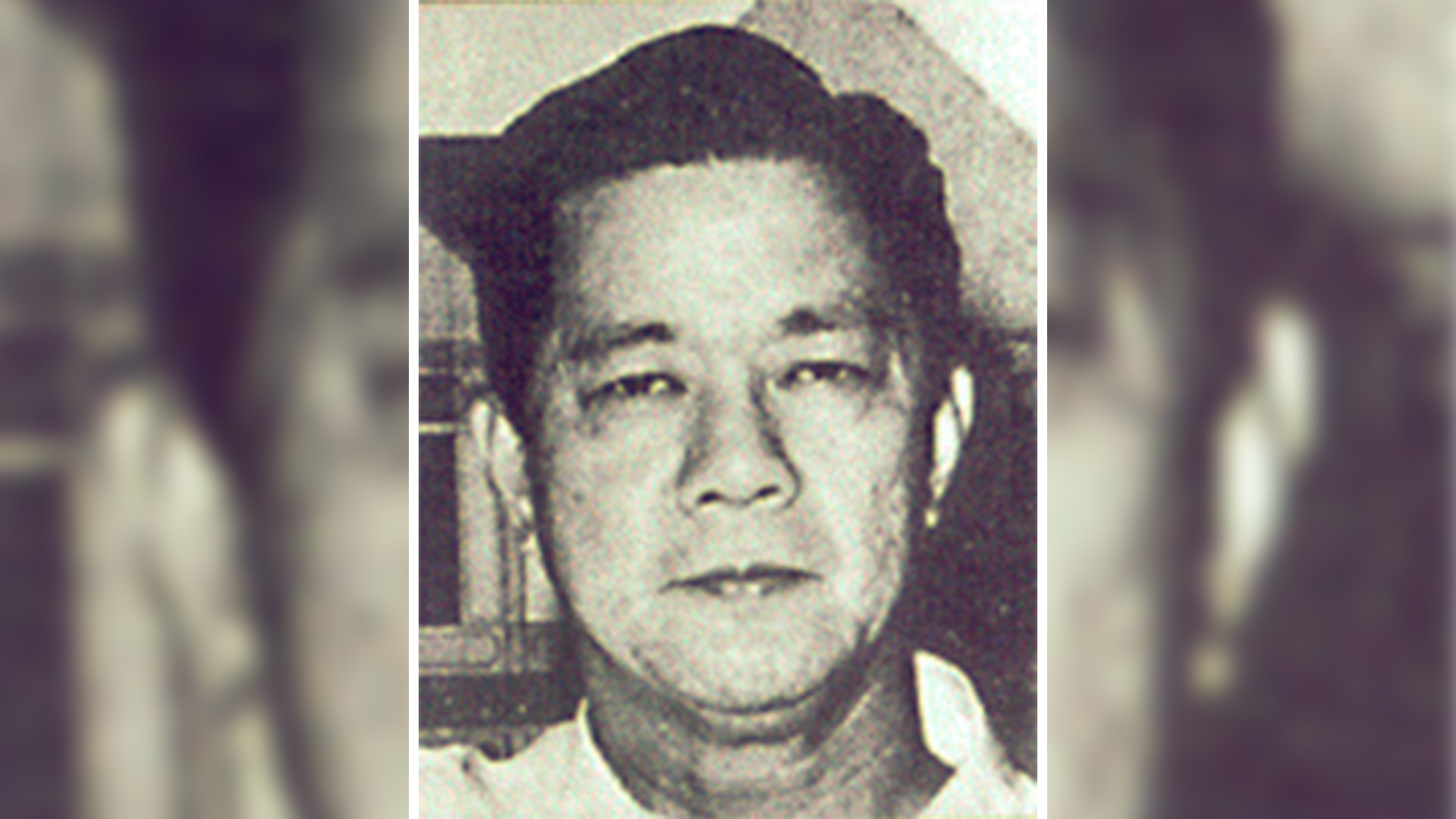With the recent commotion about an ad agency replacing the Gil Puyat Avenue sign with Gil Tulog, many disagreed and expressed their sentiments about the deed, even the depth of the preservation of history.
Many implied that these street signs are not just representations of directions but also a legacy and testimony to the esteemed Filipinos who made an impact on the country.
Who Is Gil Puyat?
On September 1, 1907, Gil J. Puyat was born. His father, Don Gonzalo, became the founder of one of the Philippines’ first business empires.
Gil Puyat inevitably became involved and exposed in the business world, hence pursuing a course in commerce for his higher education. He also excelled in his education by being the top of his class at the esteemed University of the Philippines.
He even excelled as a student while engaging in intricate operations on finance and expense, capital production, and management labor handling.
Furthermore, he became a member of the Rotary Club of Manila while also serving as a young economics professor at the University of the Philippines.
Gil Puyat’s outstanding business acumen and foresight in steering his family business drew the attention of President Manuel L. Quezon. At a time when the country was primarily agricultural and the President was pushing for industrialization, Quezon appointed the young Puyat, at just 33 years old, as the dean of the College of Business Administration at the University of the Philippines, making him the youngest dean in the institution’s history.
Puyat’s active participation in international trade organizations elevated his stature on the global business stage. In 1948, he was named “Business Leader of the Year” by the Business Writers’ Association of the Philippines, and in 1949, he was recognized as “Civic Leader of the Year” by the Association of Red Feather Agencies.
In 1953, he was awarded a plaque by the Community Chest of Greater Manila for his outstanding contributions as a founder, the first president, and the first campaign fund chairman of the organization. The Philippine Institute of Public Opinion (PIPO) also honored him with a certificate of honor for his exceptional leadership in business, economics, civic, and political spheres, and for his distinguished service to the youth.
Puyat actively participated in various other organizations, earning recognition as a champion of civic and charitable activities.
In 1951, he was elected as a Senator and served until 1973, including six years as the Senate President.
As a legislator, Puyat made a notable impact with his reforms and innovations in managing controversial public works funds, creating an unprecedented sensation in political history.
He was married to Eugenia Guidote, and they had seven children together.
Puyat’s inspiring and fruitful life concluded on March 23, 1980.







